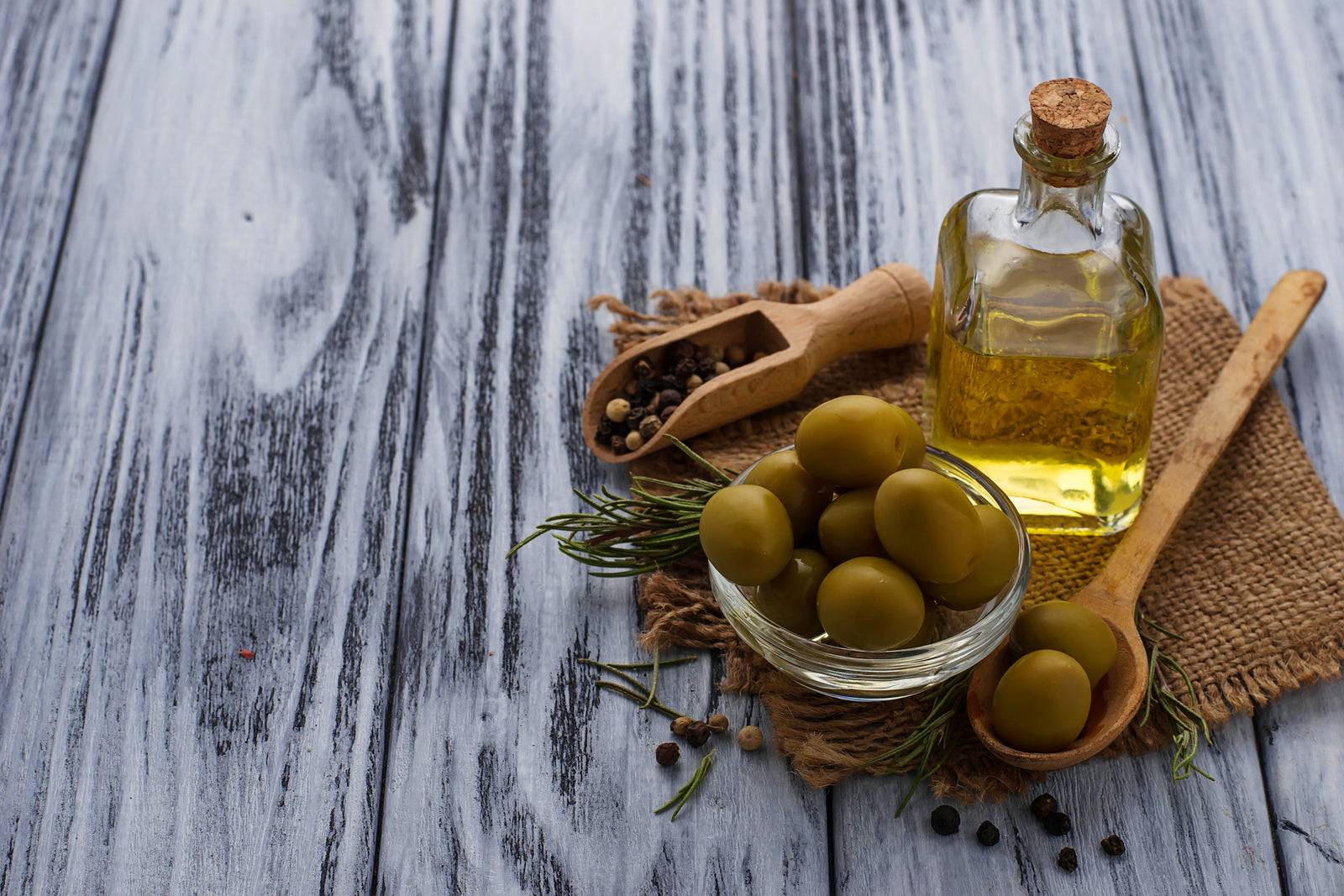Your Cart is Empty
*** Free Shipping for orders over £45 (over £60 for N. Ireland and Scotland) ***
There has been an increasing concern about the environmental effects of farming. Intensive agricultural methods and human interventions have resulted in damaged soil, contaminated water, and a decrease in biodiversity. Consequently, there is a growing interest in adopting more sustainable and restorative farming techniques. Olive oil production is one area where this approach is especially crucial. Let us discuss the significance of restorative farming in olive oil manufacturing and how it can positively impact both the environment and the oil's quality.
Regenerative farming is an approach to agriculture that seeks to enhance and regenerate the natural resources used in farming. This involves practices such as cover cropping, reduced tillage, and the integration of livestock. By adopting these practices, farmers can improve soil health, reduce erosion, and enhance biodiversity. In olive oil production, regenerative farming can have a significant impact on the oil's quality.
Soil health is a critical factor in olive oil production. Olive trees require fertile and well-drained soil to thrive. However, intensive farming practices such as monoculture and excessive tillage can lead to soil compaction, erosion, and nutrient depletion. This may negatively affect the quality and quantity of the olive oil produced.
Farming methods like cover cropping and minimal tilling can enhance the quality of soil by boosting its organic content, refining its structure, and lowering erosion. Cover crops can also help to suppress weeds, provide a habitat for beneficial insects, and fix nitrogen from the atmosphere. By improving soil health, farmers can ensure that their olive trees have access to the nutrients they need to produce high-quality oil.
Biodiversity is another critical factor in olive oil production. Olive groves are home to a wide range of plant and animal species, many of which are essential for the health of the ecosystem. However, intensive farming practices such as pesticide use and monoculture can have a detrimental impact on biodiversity.
Regenerative farming practices such as crop rotation, cover cropping, and the integration of livestock can help to enhance biodiversity. By rotating crops, farmers can provide a diversity of habitats for different species, while cover crops can provide food and shelter for beneficial insects. Livestock integration can also help to improve soil health and provide additional habitat for wildlife.
The quality of olive oil depends on various aspects such as the type of olive, the maturity of the fruit, and the techniques used for processing. Additionally, the farming practices employed can also have an impact on the oil's quality.
Regenerative farming practices can help to improve the quality of olive oil by enhancing soil health, reducing stress on the trees, and improving the overall health of the ecosystem. This can lead to a more flavourful oil, with higher levels of antioxidants and other beneficial compounds.
There are many benefits to using regenerative farming practices in olive oil production. These include:
By adopting regenerative farming practices, farmers can improve the health of their soil, reduce their environmental impact, and produce high-quality olive oil. Additionally, they can enhance the ecosystem's overall well-being and boost its ability to withstand climate change.
Regenerative farming practices are essential for the long-term sustainability of agriculture. In olive oil production, regenerative farming can improve soil health, enhance biodiversity, and improve the quality of the oil produced. By adopting these practices, farmers can also reduce their environmental impact, improve profitability, and increase resilience to climate change. As consumers, we can support regenerative farming by choosing to buy olive oil from farms that use these practices. By doing so, we can help to create a more sustainable and resilient food system for future generations.
Experience the difference of Opus Live Wellextra virgin olive oil in London. Indulge in its sophisticated aroma and savour the smooth, high-quality taste. With its organic, single variety, single origin, and high antioxidant content, you won't find a better way to enhance your culinary creations.
